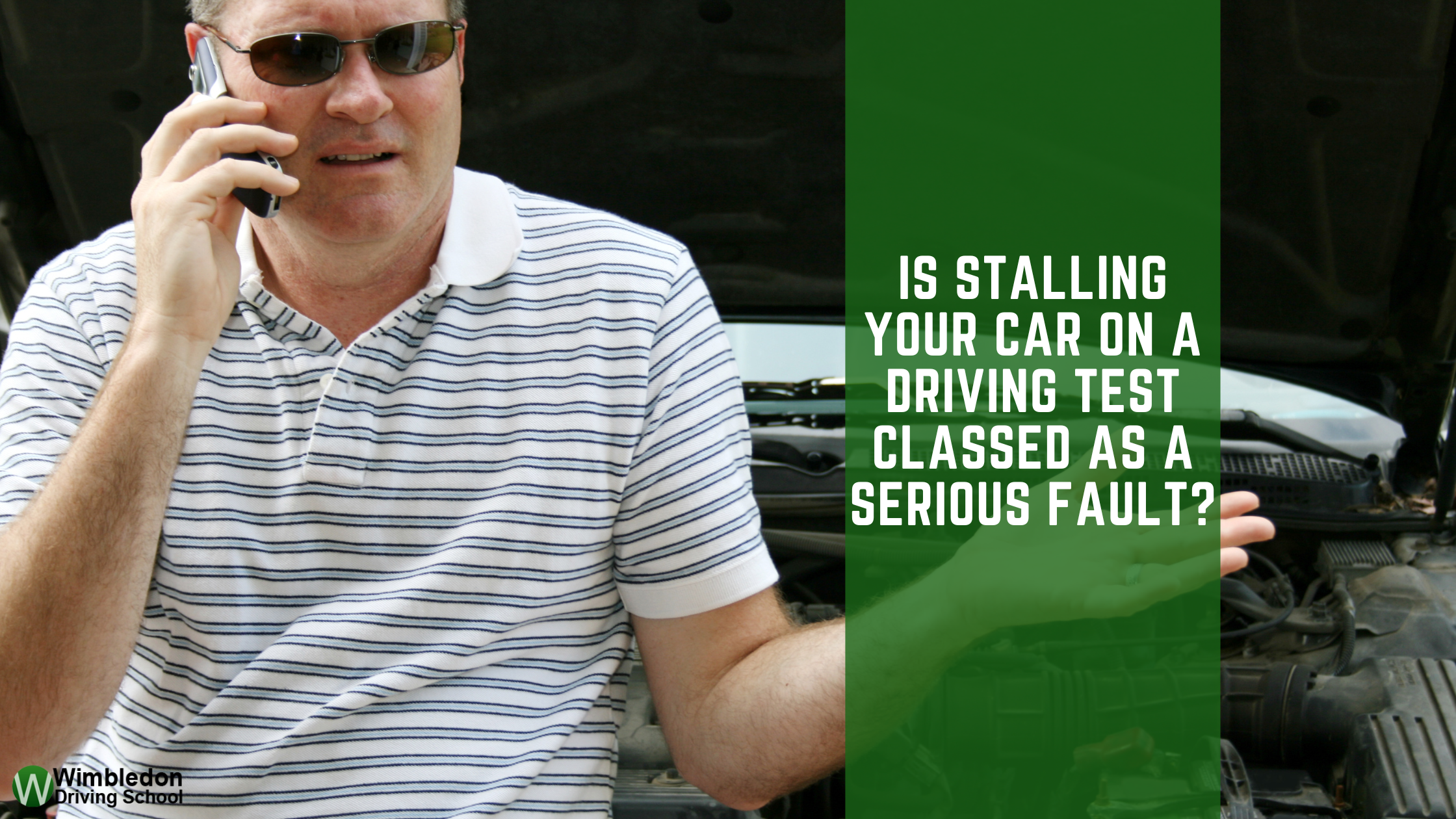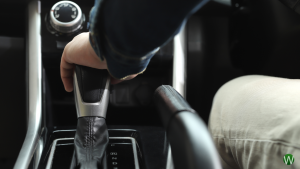Are you about to take your driving test, and you’re worried about stalling your car? Or have you recently failed your driving test because you stalled your car, and you’re not sure if it was a serious fault or not? Whatever your situation is, it’s crucial to know whether stalling your car on a driving test is classed as a serious fault or not. In this article, we’ll answer this question and provide you with all the information you need to pass your driving test with flying colours.
Passing a driving test is a significant milestone in everyone’s life. It gives you the freedom to go where you want when you want, without relying on anyone else. However, the driving test can be a nerve-wracking experience, especially if you’re not confident behind the wheel. One of the most common fears among new drivers is stalling the car during the test. But is stalling your car on a driving test classed as a serious fault? Let’s find out.
Is Stalling Your Car on a Driving Test Classed as a Serious Fault?
The short answer is no, stalling your car on a driving test is not classed as a serious fault. However, that doesn’t mean you should take stalling lightly. Stalling your car repeatedly or at the wrong time can lead to a serious fault, which could result in you failing your driving test. Let’s take a closer look at what constitutes a serious fault and how stalling can lead to one.
What is a Serious Fault?
A serious fault is an action that could potentially cause harm to yourself, other road users, or property. It’s also an action that shows a lack of control over the vehicle. Examples of serious faults include:
- Mounting the pavement
- Causing another vehicle to swerve
- Disobeying traffic lights
- Dangerous overtaking
- Crossing solid white lines
- Ignoring road signs
How Can Stalling Lead to a Serious Fault?
While stalling your car on a driving test is not a serious fault in itself, it can lead to one. For example, if you stall your car at a busy junction, you could cause a traffic jam or force other road users to take evasive action. Similarly, if you stall your car on a hill, you could roll back into another vehicle or pedestrian. Therefore, it’s essential to avoid stalling your car at critical moments during the test.
Tips to Avoid Stalling on Your Driving Test
Now that you know stalling can lead to a serious fault, it’s essential to take steps to avoid stalling during your driving test. Here are some tips to help you:
Practise , Practise, Practise
The more you practise, the less likely you are to stall your car. Find a quiet area with little traffic and practise starting and stopping the car. Get used to the clutch’s biting point and the accelerator’s sensitivity. Once you feel confident, try driving around your local area to gain experience.
Listen to the Engine
The engine’s sound can give you clues about when to change gear and when to press the accelerator. If the engine is revving too high, change gear. If the engine is struggling, press the accelerator gently.
Plan Ahead
Anticipate the road ahead and plan your gear changes accordingly. For example, if you’re approaching a hill, change into a lower gear before you start climbing. If you’re approaching a junction, slow down in advance and select the appropriate gear to avoid stalling.
Don’t Rush
Take your time and don’t rush your movements. Press the clutch down fully before changing gear and release it slowly. Similarly, press the accelerator gently to avoid revving the engine too much.
Keep Calm and Carry On
Nerves can make you more likely to stall your car, so try to stay calm and relaxed. Take deep breaths and remember that stalling is not the end of the world. You can recover from it and carry on with the test.
FAQs
- Can I fail my driving test if I stall my car?
Stalling your car once or twice is not enough to fail your driving test. However, stalling your car repeatedly or at the wrong time can lead to a serious fault, which could result in a failed test.
- Is stalling my car a common mistake during the driving test?
Yes, stalling your car is a common mistake during the driving test. It’s especially common among new drivers who are still getting used to the clutch and accelerator.
- What should I do if I stall my car during the driving test?
If you stall your car during the driving test, stay calm and composed. Restart the car, select the appropriate gear, take effective observation and carry on with the test.
- Can stalling my car damage the engine?
Stalling your car once or twice is unlikely to damage the engine. However, stalling your car repeatedly can put a strain on the engine and other components of the car.
- How can I avoid stalling my car during the driving test?
You can avoid stalling your car during the driving test by practising regularly, listening to the engine, planning ahead, not rushing, and staying calm.
- How many serious faults are allowed during the driving test?
You are allowed up to 15 minor faults during the driving test, but any serious or dangerous fault will result in a failed test.
Conclusion
In conclusion, stalling your car on a driving test is not classed as a serious fault in itself. However, it can lead to a serious fault if it happens at the wrong time or repeatedly. Therefore, it’s essential to practice regularly, listen to the engine, plan ahead, not rush, and stay calm during the test. By following these tips, you can avoid stalling your car and increase your chances of passing the driving test. Good luck!






